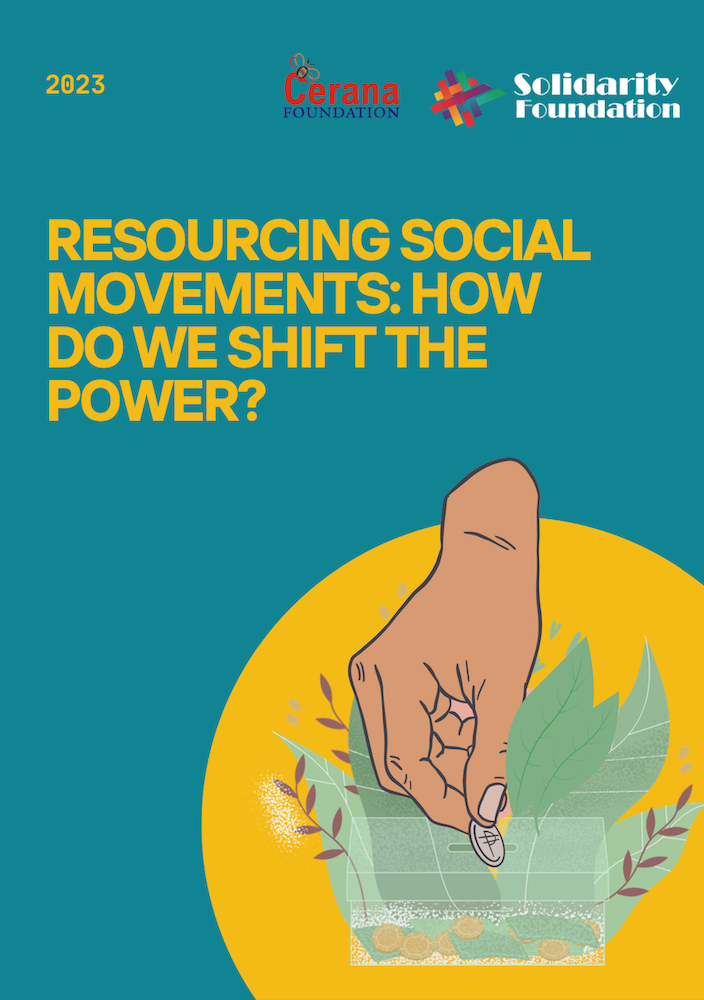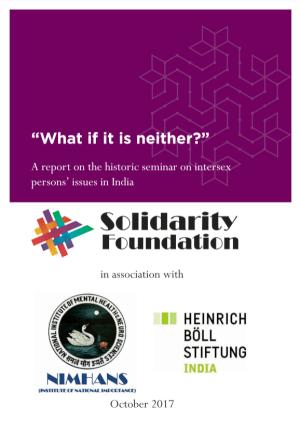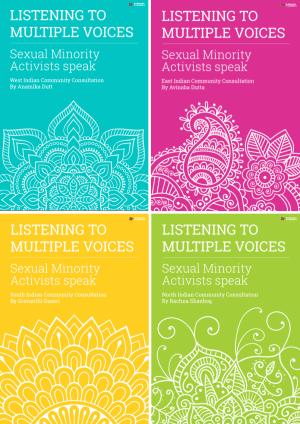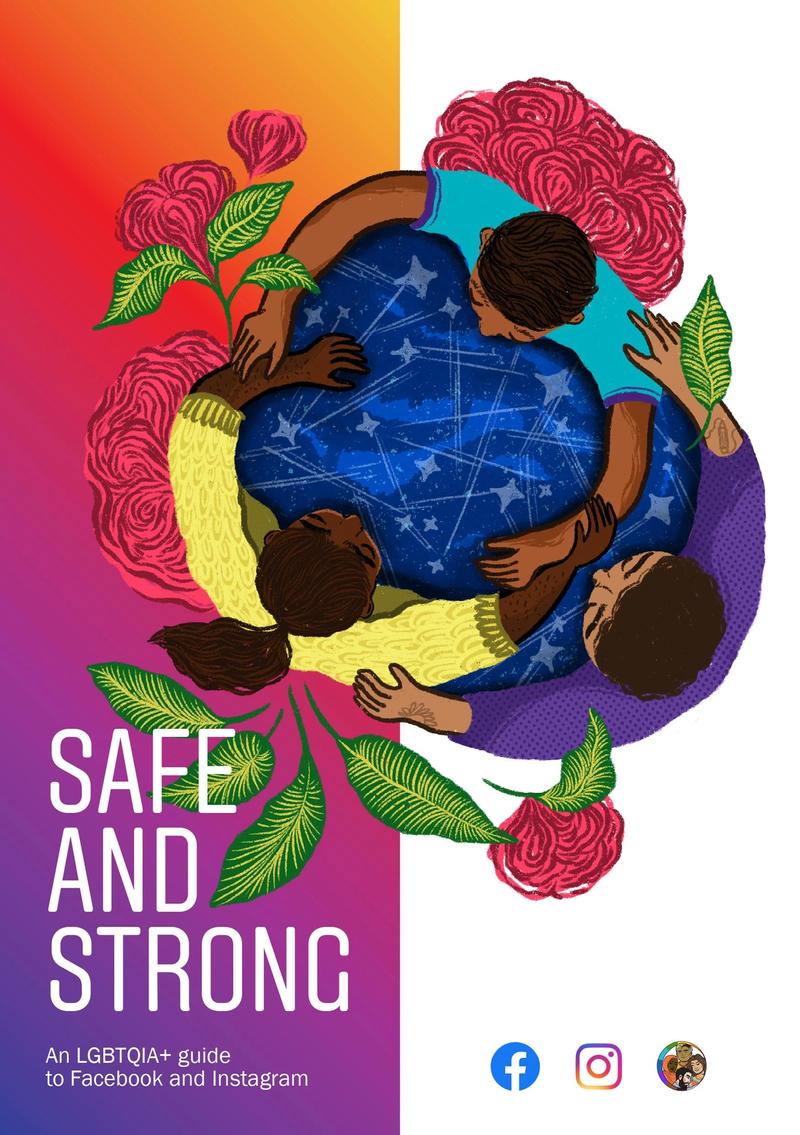


June 19, 2024
Report (PDF , 1.4MB)
Traditionally, funder-grantee relationships have been financial and project-focused, bound by strict terms. However, some organizations and scholars have long advocated for broader support, including non-monetary assistance and flexible funding. Our experience as a Community Foundation reveals both the benefits of supportive funders and the constraints of narrow, target-driven funding. The COVID-19 pandemic intensified these challenges but also prompted a shift in funder behavior, leading to diverse support like immediate relief, faster disbursements, and flexible project terms.
This report explores the emergence of non-project support and its implications for various organizations, aiming to understand and document these innovative collaborations in the evolving landscape of philanthropy.

June 15, 2024
Report (PDF , 11MB)
This resource is born out of the collaborative efforts of Solidarity Foundation, Bangalore and the Banyan Academy of Leadership in Mental Health (BALM), Chennai. It aims to build the capacities of community ‘First Responders’ (community leaders and peers who are the first points of contact for those in distress) for better self and community care.
The manual is intended for trainers in the field of mental health (social work, psychology, and allied fields) who work with the LGBTQIA+ community.

Seminar on intersex persons’ issues
Report (PDF , 35MB)
Gender ambiguity at the time of a child’s birth has often pushed many parents—under the ‘advice’ of their doctor—to immediately seek surgery to ‘fix’ the ‘defect’. This need to fit their child under gender binary has caused issues related to sense of self, psychological problems, mental trauma, and detachment from family and issues with finding a partner, along with general mistrust over the medical fraternity. To bring out the issues faced by the less visible ‘I’ among LGBTQIA+ persons, Solidarity Foundation, along with the National Institute of Mental Health and Neurosciences (NIMHANS), organised a public consultation on intersex persons’ rights, on October 23, 2017. The objective of the discussion was to provide a platform and voice to intersex persons who can discuss their issues and chart a way forward.

We had conducted community consultation programs in the cities of Bombay, Bangalore, Delhi and Kolkata in the last quarter of the year 2016, to gain a sense of the overwhelming work activists are doing with sexual minority groups in the Western, Southern, Northern and Eastern part of the country.
Over the course of conducting these community consultation programs, we have managed to network with numerous organizations and individuals who have only added to our pool of knowledge concerning sexual minority groups in the country. We are now releasing soft copies of the reports that have been compiled in an attempt to document the several valuable discussions and arguments that took place in these 4 community consultation programs.
Report on West India Community Consultation
Report on South India Community Consultation

Safe and Strong is compiled by The Queer Muslim Project in partnership with Instagram India. The guide intends to support the wellbeing and safety of the LGBTIQ+ community, and to enable them in practising self-care online.